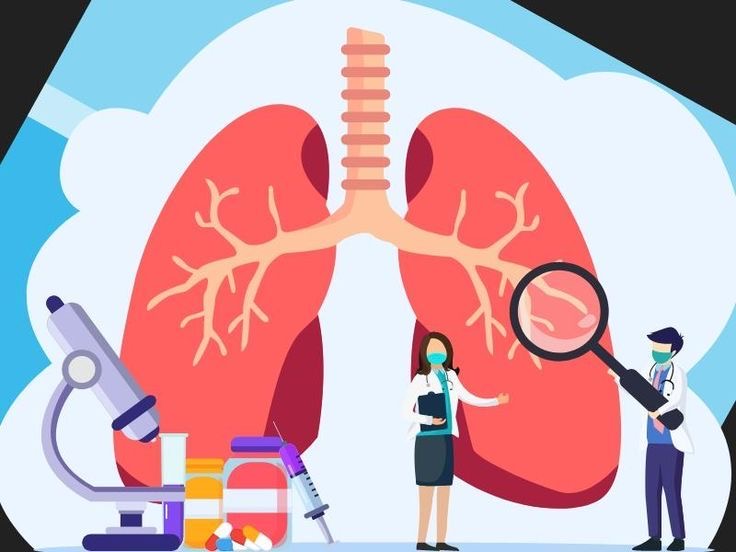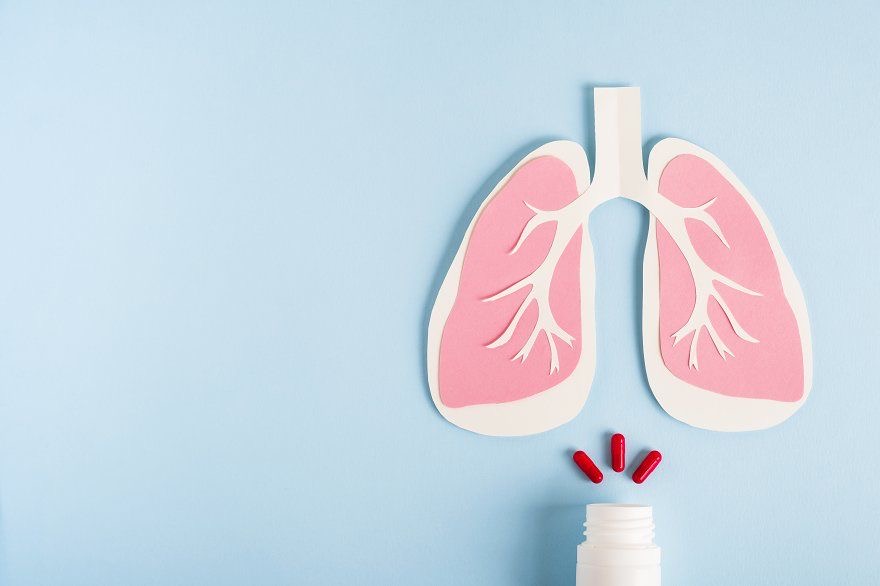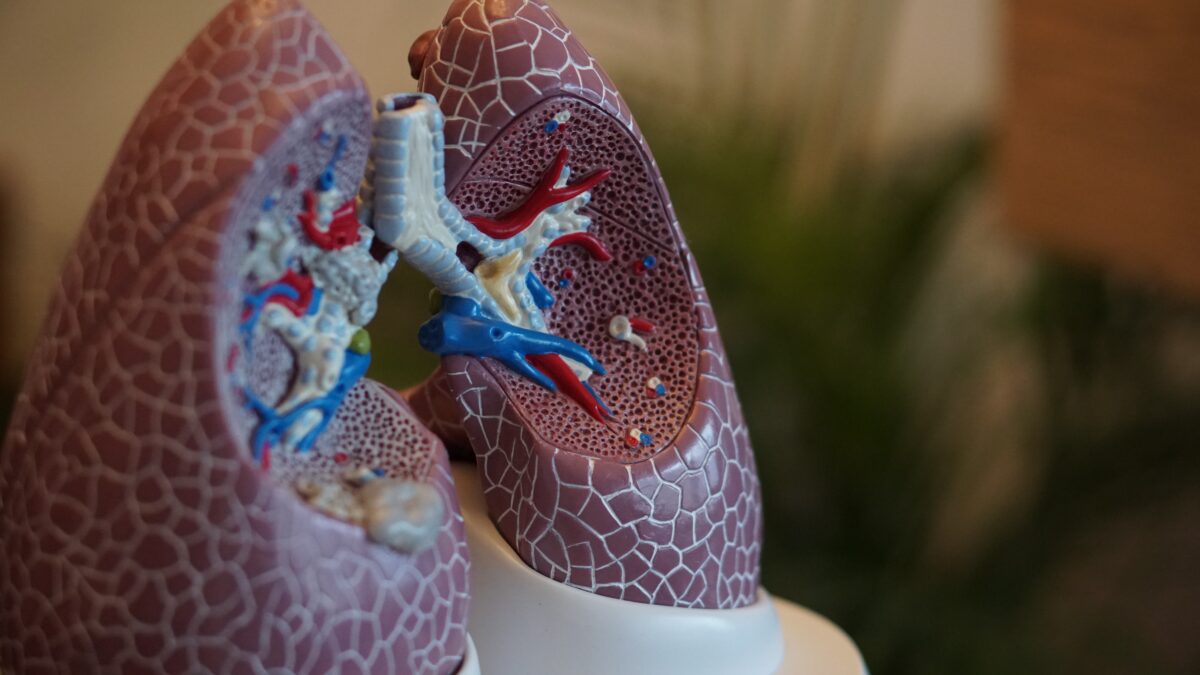India, the country with the most tuberculosis patients in the world, is facing a severe shortage of TB medicine that has raised the alarm among the nation. It has been going on for several months, with reports dating back to last year. The emergency struck last year when Rifampicin, a medicine for treating TB, became unavailable in many parts of the country. Since June of this year, another three essential TB medicines, Linezolid, Clofazimine, and Cycloserine, were stocked out, which made the issue even worse and harder to fight Tuberculosis.
On August 23, Tamil Nadu State TB Officer Asha Frederick, quoted by The Hindu as the Union government had not provided adequate doses of Rifampicin and other drugs essential for treating multidrug-resistant TB (MDR-TB). Moreover, states have asked to procure these drugs without additional funding. The shortage crisis has led 113 civil society organisations and 776 individuals from around the world to write a letter to Prime Minister Narendra Modi and Health Minister Manshukh Mandaviya, requesting them to look into the matter urgently.
Government is denying the shortage
On September 26, the Press Information Bureau (PIB) released a statement in response to reports claiming drug shortages, describing them as “vague and ill-informed” and missing certain information on the availability of medicines. However, the same press release acknowledged that in “rare situations,” states were requested to obtain drugs locally for a limited period using National Health Mission (NHM) budgets to ensure individual patient care is not interrupted.The difference in the government’s statement drew extra attention to the matter.

Adding to the controversy, India’s Health Minister chose to skip the United Nations high-level meeting on TB, held in New York on September 22. It is worth noting that India’s participation in global TB elimination efforts is crucial because of the high TB records and commitment to remove tuberculosis as the nation’s progress or setbacks in TB treatment can seriously impact global efforts. The World Health Organization (WHO) aims to remove TB worldwide by 2030. Prime Minister Narendra Modi has set a more ambitious target for India, aiming to remove TB by 2025.
The drug shortage crisis has raised many questions about India’s ability to meet these targets and its effect on the well-being of TB patients. On October 1, the Press Information Bureau released another statement dismissing all media reports claiming a shortage of TB medicine in India describing them as misleading, and driven by ulterior motives.
TB medicines Current Stock Levels and Upcoming Supplies
The government confirms that all essential TB medicines, including those for drug-sensitive and multi-drug resistant tuberculosis, are in abundant supply, with stocks lasting at least six months or more. Purchase orders for the supply of 3FDC(P), Linezolid-600mg, and Cap Cycloserine-250 mg were issued in August 2023. Pre-Dispatch Inspection (PDI) and Quality Test reports for these drugs have been completed, and they are now being dispatched to the states, with release orders being issued since September 25, 2023. Additionally, a purchase order for an additional 8 lakh quantity of Delamanid 50 mg tablets was issued on September 23, 2023.

In conclusion, the Ministry of Health and Family Welfare assures the public that there is no shortage of TB medicines in India. The government is actively monitoring drug procurement, storage, and distribution through the National TB Elimination Programme (NTEP). The Ministry repeats its commitment to eliminate tuberculosis in India and ensures uninterrupted access to necessary medicines for patients.



